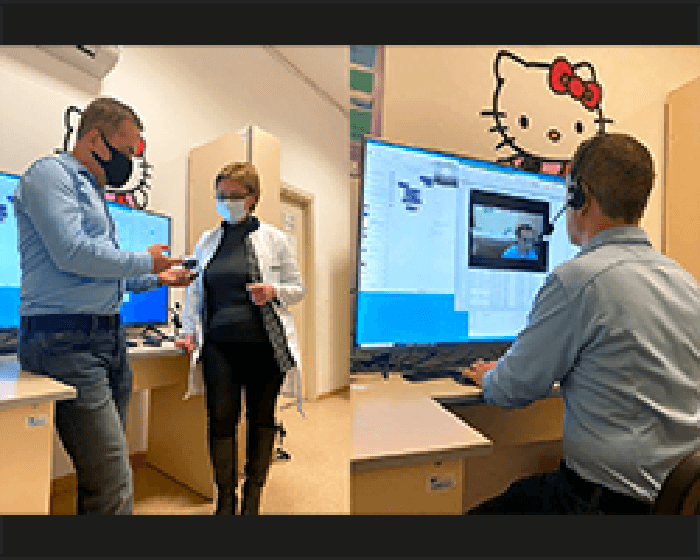Europe
European Union adds 19 senior Venezuelan officials to its list of sanctions
<div class="content-data"> <span>Tuesday, <a title="Browse all articles for February 2021" href="/2021/02">February</a> <a title="Browse all articles for February 23rd 2021" href="/2021/02/23">23rd</a> <a href="/2021" title="Browse all articles for 2021">2021</a> - 08:37 UTC</span>…



